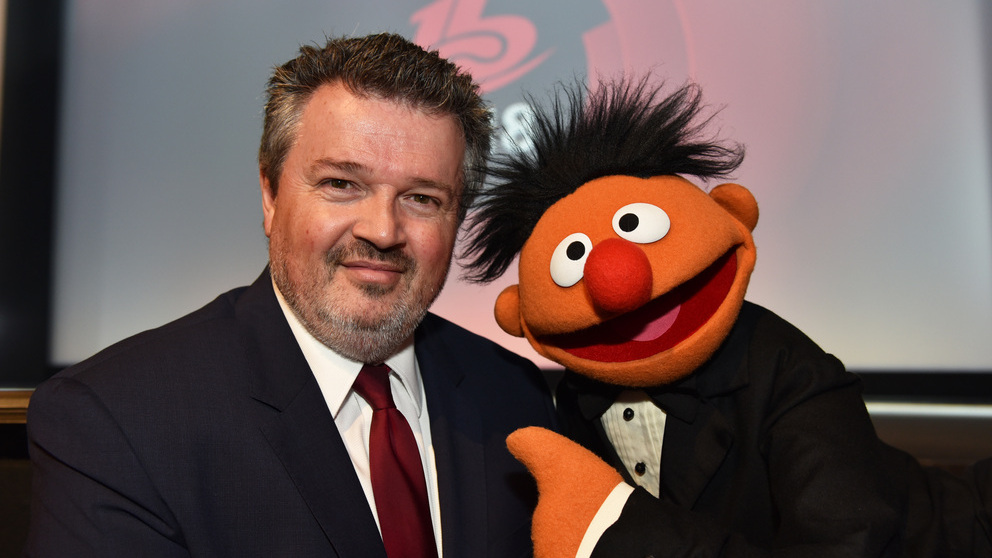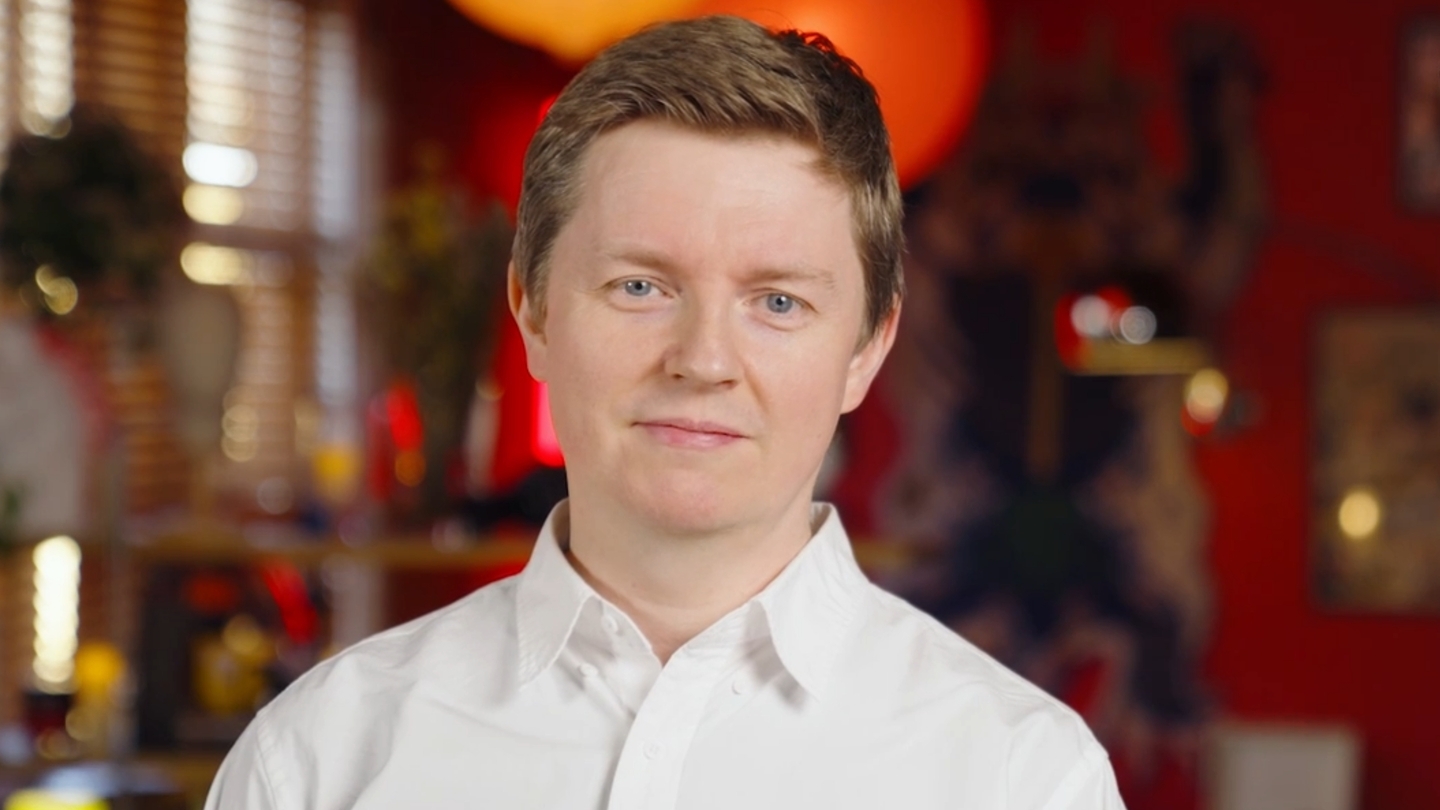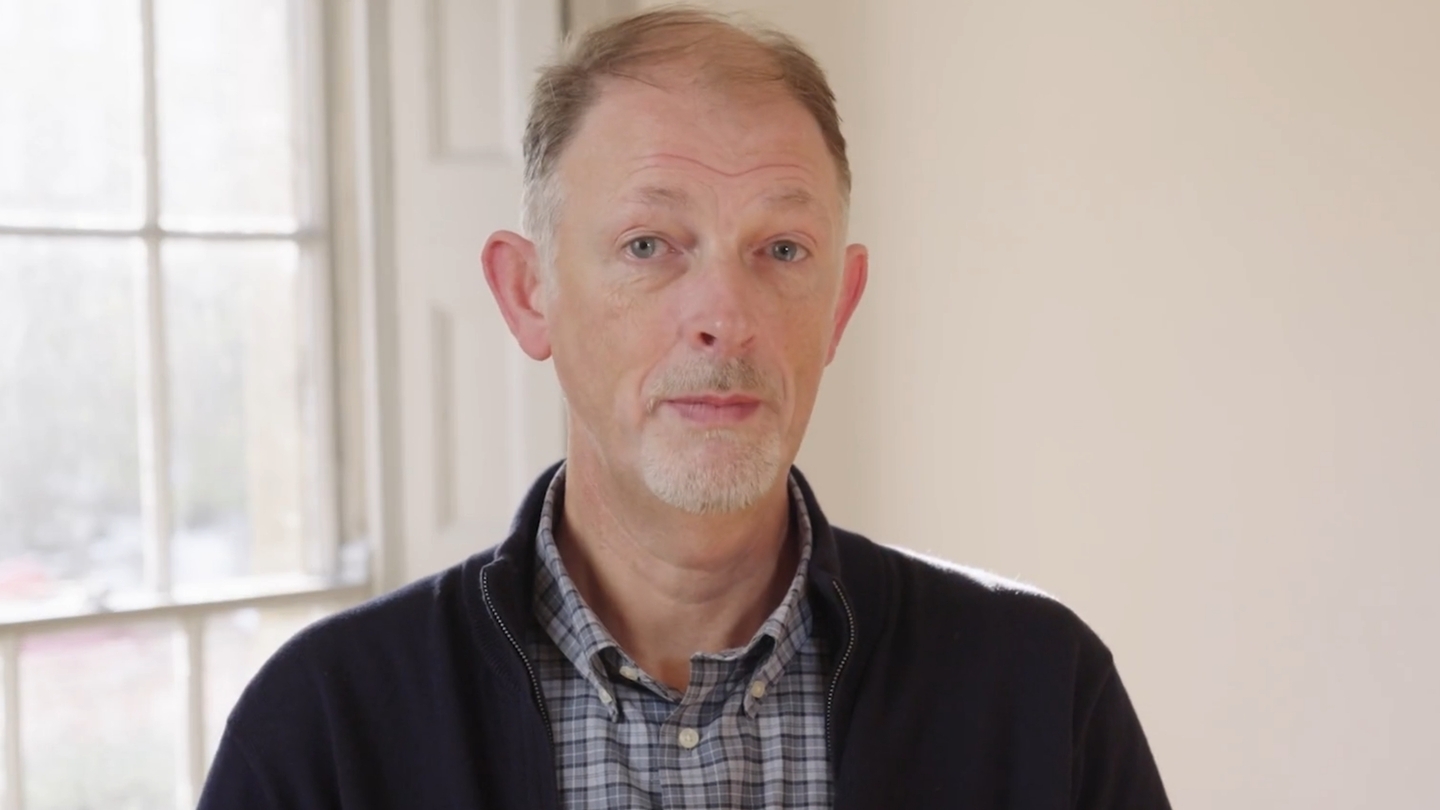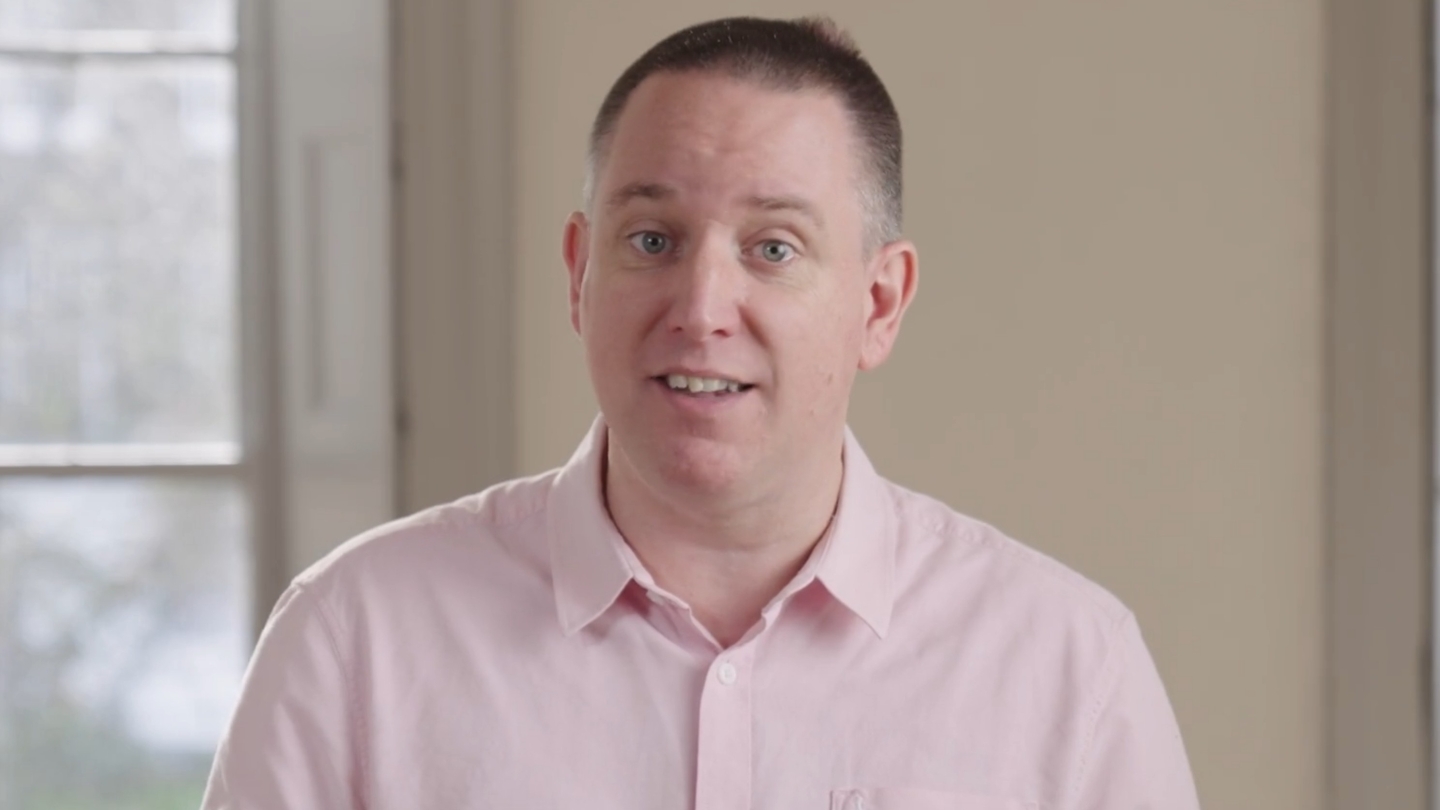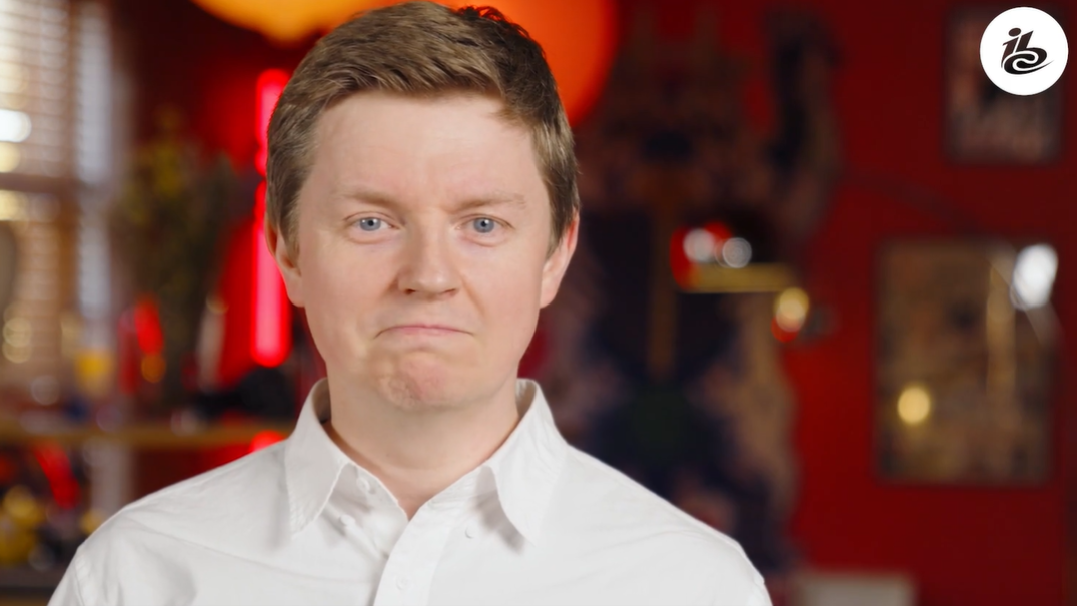As he announces his departure from the role of IBC Chairman, Tim Richards contemplates a decade of rapid technological change, the challenges posed by the Covid-19 pandemic, and the enduring strength of the IBC team.
Looking through the credits of Tim Richards’ multi-decade career, it’s not hard to form the opinion that he is a genuine media renaissance man. Having started his career as a freelance photographer and independent producer, he went on to complete a 10-year stint as EVP for Walt Disney Television International and three years as a COO for the international Hallmark television business.
He is also co-owner of business improvement consultancy Ravensbeck and, in February 2024, moved from the role of COO to CEO of precision timing technology company Hoptroff. But towards the end of this year, he will relinquish another role that he has held for the past decade – as Chairman of the IBC Partnership Board...
You are not signed in.
Only registered users can view this article.
 (1).jpg)
Broadcasting in 2024: Spotlight falls on production and platforms
Over the past decade, media companies had a strong focus on the way programmes were viewed – we’ve seen HD, 3D, 4k, 8k, HDR, VR, and AR presented as the next big thing. In 2024, things shifted. John-Maxwell Hobbs digs into production and delivery practices, cloud, AI and sustainability trends of the past 12 months.
.jpg)
Highlight of the year: Olympic Gold for 5G as adoption gathers pace
The Paris 2024 Olympics marked a significant milestone in the effectiveness of 5G technologies for live broadcast, with Neutral Wireless and the BBC leading the charge.

Content Everywhere: a look back at 2024
As the year draws to a close, it seems an opportune time to ask Content Everywhere companies for their views on the top trends in 2024. As always, key industry players have been keen to respond with comments and views on how the past year shaped up both for them and the wider industry.

AI and the evolution of MAM: Part three – future outlook
In the final part of our investigation into MAM’s current and future relationship with AI, James McKeown analyses where the technology is likely to take asset management capabilities next, and the other factors driving the evolution of the space.
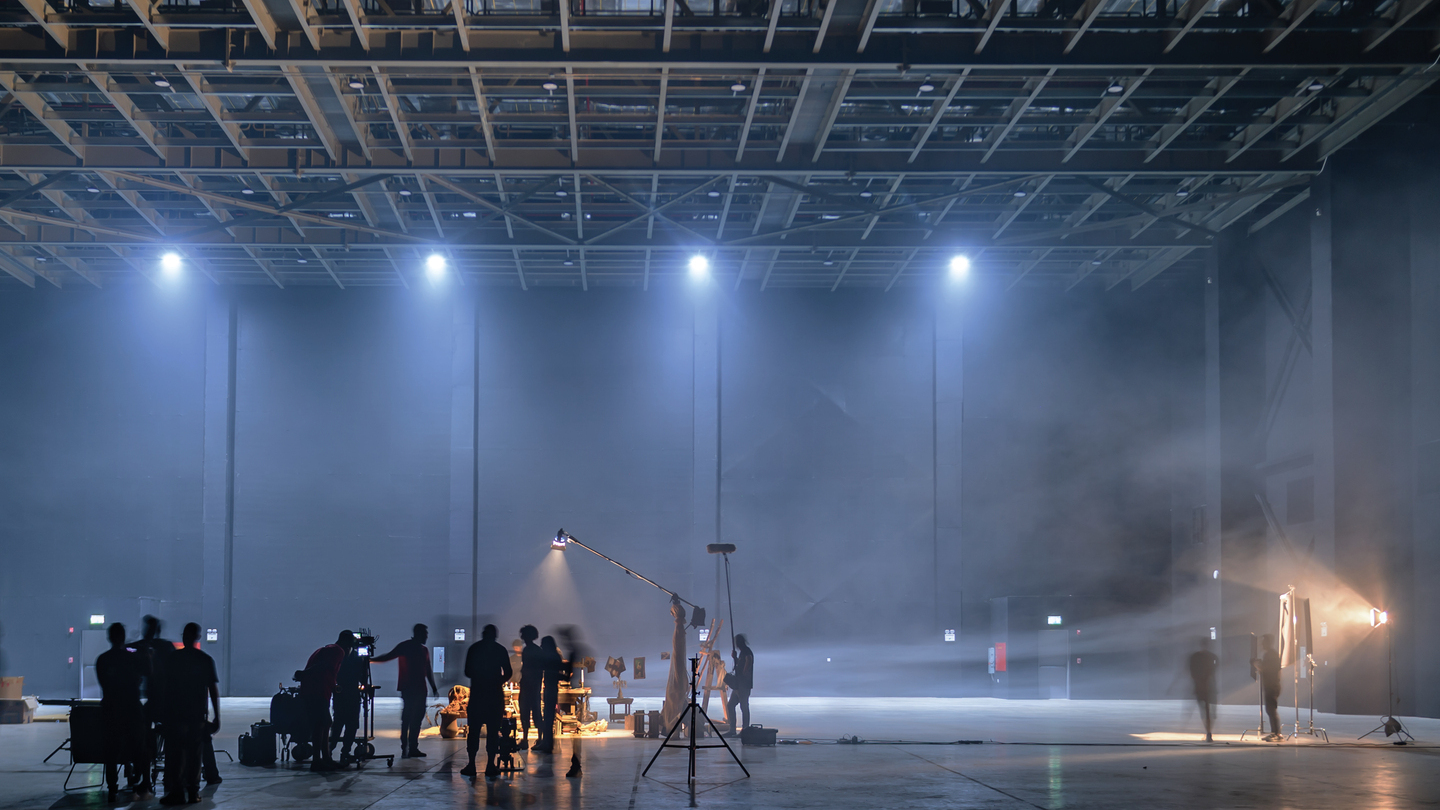
RSIFF: Kingdom underlines ambitions to become filmmaking powerhouse
Saudi Arabia's cinema market is experiencing a cultural renaissance, driven by increasing local productions and a growing appetite for diverse storytelling, reports Adrian Pennington from the Red Sea International Film Festival.

